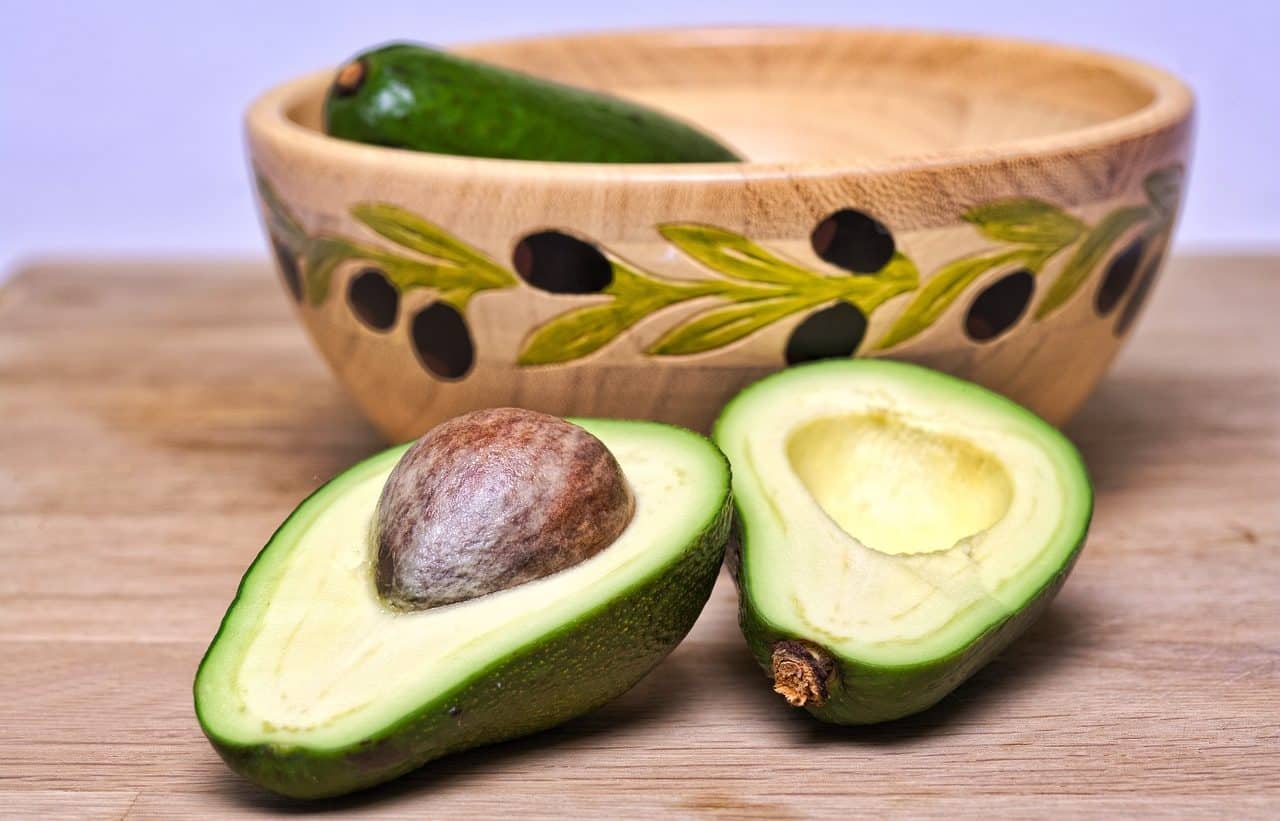
Someone who is recalcitrant clings to his thoughts and is unwilling to listen to the arguments of others.
Recalcitrant is a term whose etymological root is found in the Latin language : recalcitrans . The concept is used to describe the individual who clings to a thought or a decision, without listening to other people's opinions .
For example: “Representative Lompkin is a recalcitrant neoliberal who does not accept any type of state intervention in the economy” , “You cannot argue with someone as recalcitrant as you” , “My father is a recalcitrant Los Angeles Lakers fan” .
Concept of recalcitrant
Always along similar lines, the notion of recalcitrant can be used with different nuances. It can be associated with fanaticism or excessive enthusiasm for something or someone. In this way, the recalcitrant individual will not allow any opinion contrary to what he is devoted to.
The idea of recalcitrant can also be associated with someone who insists on something over and over again . A recalcitrant opponent is the politician who opposes the government all the time, without paying much attention to the measures in question. A person of this type will never accept that something done by the rulers can be positive.
The opposite of a recalcitrant subject is a person who is open to dialogue and who is willing to consider arguments contrary to their own. In this way, you can modify your opinion or your actions, without locking yourself into your original position.
If we return to the example of politics , while the recalcitrant opponent will not tolerate anything from the authorities, a dialogic opponent will seek common ground with the rulers and may even reach agreements.
Leadership ability
It is worth mentioning that although the idea of a recalcitrant opponent may seem negative and destructive at first glance, there are several examples of leaders who achieved their position thanks to an attitude of this type. Depending on how you look at it, an individual who opposes everything the government does and always has something to say against it can be funny and charismatic, even to those citizens who claim to never support him in a campaign.
It is known that leadership capacity has little to do with respect for morality or for one's own followers, but rather comes as a result of a very particular combination of virtues, which manage to attract others and lead them to do things they would never do before. they would do on their own or under the influence of another person. That said, it is understandable that even an adjective with a generally negative connotation, such as recalcitrant, can have positive consequences for the recipient.

Avocado seeds are recalcitrant.
Recalcitrant seeds
Recalcitrant seeds are known as those that cannot survive at low temperatures (below 10° C) and in the absence of humidity if they are conserved ex-situ ; that is, if they are removed from their natural habitats . On the other hand, there are orthodox seeds , which are capable of resisting such conditions, since they do not lose their viability. The most common examples of recalcitrant seeds are found in lychee, mango , and avocado ( palta ) plants, as well as certain medicinal herbs and cultivated trees.
The loss of viability occurs due to desiccation, which damages intracellular organs; On the other hand, it also increases the formation of toxins such as free radicals. Acorns , among other seeds belonging to non-tropical trees, can be preserved for more than 24 months as long as care is taken to avoid drying them out, since if they are subjected to dryness for a few days this can affect the cell membrane.
Another example of a recalcitrant seed, which suffers different damages , is that of the chestnut tree ; While it is going through the dehydration phase, its metabolism becomes uncontrolled and the consequent oxidation negatively affects it.
